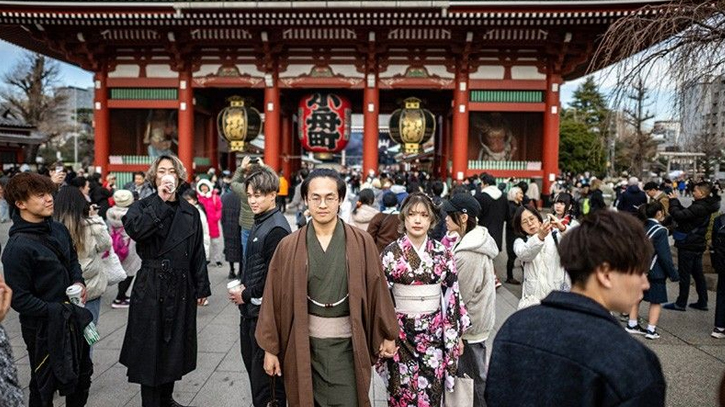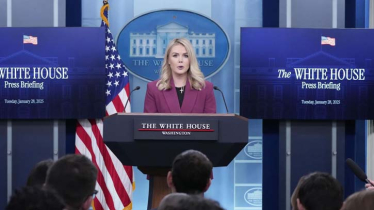
Photo : Collected
Japanese consumer inflation slowed for the third straight month to 2.0 percent in January, government data showed Tuesday (27 February). The reading will likely stoke speculation that the Bank of Japan might soon move away from negative interest rates and its tight grip on bond yields.
The year-on-year rise in prices in the world's fourth-largest economy, excluding those for volatile fresh food, followed an increase of 2.3 percent in December.
The dip in the core consumer price index (CPI) was slightly less pronounced than expected, with economists polled by Bloomberg predicting 1.9 percent.
But the reading continued a broad trend of cooling inflation over the past year.
The last time CPI stood below the Bank of Japan's two percent inflation target was in March 2022, when prices rose 0.8 percent year-on-year. Since then, inflation had increased to as high as 4.2 percent in January 2023 before gradually easing to 2.3 percent in December.
Unlike other major central banks that have raised interest rates -- and may soon begin easing them again -- the BoJ has stuck to its ultra-loose policy. This has put pressure on the yen.
The BoJ sees Japan's current inflation as driven by temporary factors including higher energy costs, and instead wants to see a "virtuous cycle" of price increases fuelled by demand and higher wages.
The BoJ stood pat last month, with its governor Kazuo Ueda suggesting that a major shift away from its ultra-loose stance was not on the horizon.
"Even if... hypothetically, the negative interest rate were lifted, we can say that the extremely easy financial environment will continue for the time being," he told reporters after a two-day policy meeting.
Japan's economy shrank an adjusted 0.1 percent quarter-on-quarter in the last three months of 2023, missing market expectations of 0.2 percent growth, according to government data released earlier this month.
Growth for the third quarter was also revised downward to negative 0.8 percent, meaning that Japan was in technical recession in the second half of 2023.
"We continue to expect the BoJ to end current (monetary easing) ... policy framework, which includes negative interest rate policy" in the bank's April meeting, said UBS economists Masamichi Adachi and Go Kurihara in a report released ahead of the inflation figures.
"Although CPI inflation is slowing and the growth picture is rather weak, we believe the BoJ is forward looking and the Bank is more optimistic on both growth and underlying inflation," they said.
"We expect real wages will increase with wage growth acceleration and slower CPI inflation."
Messenger/Disha








